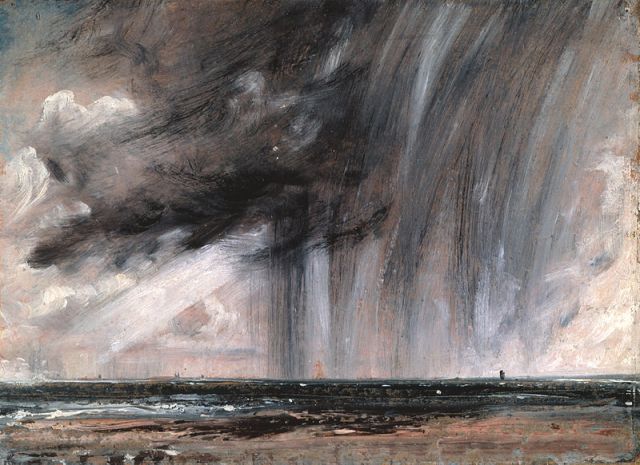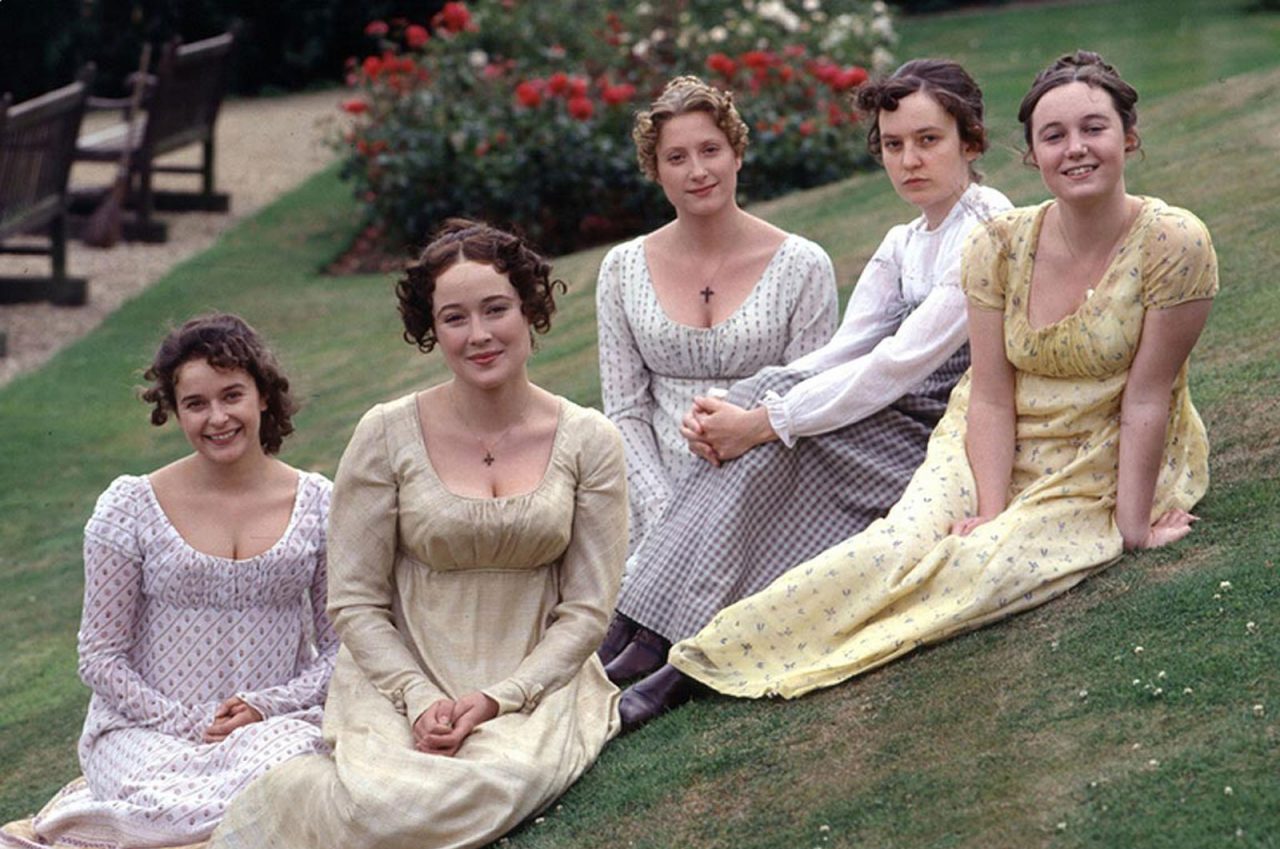Poetry is the breath and finer spirit of all knowledge; it is the impassioned expression which is in the countenance of all Science.
-Lyrical Ballads (1800)
Can one ever have too much Wordsworth?
An anecdote of Messrs Coleridge and Wordsworth:

Mr. Coleridge arrived in Bristol from Germany, and as he was about to pay Mr. Wordsworth a visit, he pressed me [Joseph Cottle] to accompany him. I had intended a journey to London, and now determined on proceeding with so agreeable a companion, and on so pleasant a journey and tour, taking the metropolis on my return. To notice the complicated incidents which occurred on this tour would occupy a large space. I therefore pass it all over, with the remark, that in this interview with Mr. Wordsworth the subject of the Lyrical Ballads was mentioned but once, and that casually, and only to account for its failure! which Mr. Wordsworth ascribed to two causes; first the Ancient Mariner, which, he said, no one seemed to understand; and secondly, the unfavorable notice of most of the Reviews.
On my reaching London, having an account to settle with Messrs. Longman and Rees, the booksellers, of Paternoster Row, I sold them all my copyrights, which were valued as one lot by a third party. On my next seeing Mr. Longman, he told me that in estimating the value of the copyrights Fox’s Achmed and Wordsworth’s Lyrical Ballads were `reckoned as nothing’. ‘That being the case,’ I replied, `as both these authors are my personal friends, I should be obliged if you would return me again these two copyrights, that I may have the pleasure of presenting them to their respective writers.’ Mr. Longman answered, with his customary liberality, `You are welcome to them.’ . . . On Mr. Coleridge’s return from the north, I gave him Mr. Wordsworth’s receipt for his thirty guineas; so that whatever advantage has arisen subsequently from the sale of this volume of the Lyrical Ballads has pertained exclusively to Mr. Wordsworth
I have been the more particular in these statements, as it furnishes, perhaps, the most remarkable instance on record of a volume of poems remaining for so long a time almost totally neglected, and afterwards acquiring, and that almost rapidly, so much deserved popularity.
Joseph Cottle, Early Recollections, Chiefly relating to the late Samuel Taylor Coleridge (1837)
The Solitary Reaper
Behold her, single in the field,
Yon solitary Highland Lass!
Reaping and singing by herself;
Stop here, or gently pass!
Alone she cuts and binds the grain,
And sings a melancholy strain;
O listen! for the Vale profound
Is overflowing with the sound.
No Nightingale did ever chaunt
More welcome notes to weary bands
Of travellers in some shady haunt,
Among Arabian sands:
A voice so thrilling ne’er was heard
In spring-time from the Cuckoo-bird,
Breaking the silence of the seas
Among the farthest Hebrides.
Will no one tell me what she sings?—
Perhaps the plaintive numbers flow
For old, unhappy, far-off things,
And battles long ago:
Or is it some more humble lay,
Familiar matter of to-day?
Some natural sorrow, loss, or pain,
That has been, and may be again?
Whate’er the theme, the Maiden sang
As if her song could have no ending;
I saw her singing at her work,
And o’er the sickle bending;—
I listened, motionless and still;
And, as I mounted up the hill,
The music in my heart I bore,
Long after it was heard no more.

I WATCH, and long have watched, with calm regret
Yon slowly-sinking star–immortal Sire
(So might he seem) of all the glittering quire!
Blue ether still surrounds him–yet–and yet;
But now the horizon’s rocky parapet
Is reached, where, forfeiting his bright attire,
He burns–transmuted to a dusky fire–
Then pays submissively the appointed debt
To the flying moments, and is seen no more.
Angels and gods! We struggle with our fate,
While health, power, glory, from their height decline,
Depressed; and then extinguished; and our state,
In this, how different, lost Star, from thine,
That no to-morrow shall our beams restore!
“To Sleep”
A flock of sheep that leisurely pass by,
One after one; the sound of rain, and bees
Murmuring; the fall of rivers, winds and seas,
Smooth fields, white sheets of water, and pure sky;
I’ve thought of all by turns; and still I lie
Sleepless; and soon the small birds’ melodies
Must hear, first uttered from my orchard trees;
And the first Cuckoo’s melancholy cry.
Even thus last night, and two nights more, I lay,
And could not win thee, Sleep! by any stealth:
So do not let me wear to-night away:
Without Thee what is all the morning’s wealth?
Come, blessed barrier betwixt day and day,
Dear mother of fresh thoughts and joyous health!

Surprised by joy—impatient as the Wind
I turned to share the transport—Oh! with whom
But Thee, long buried in the silent Tomb,
That spot which no vicissitude can find?
Love, faithful love, recalled thee to my mind—
But how could I forget thee?—Through what power,
Even for the least division of an hour,
Have I been so beguiled as to be blind
To my most grievous loss!—That thought’s return
Was the worst pang that sorrow ever bore,
Save one, one only, when I stood forlorn,
Knowing my heart’s best treasure was no more;
That neither present time, nor years unborn
Could to my sight that heavenly face restore.
